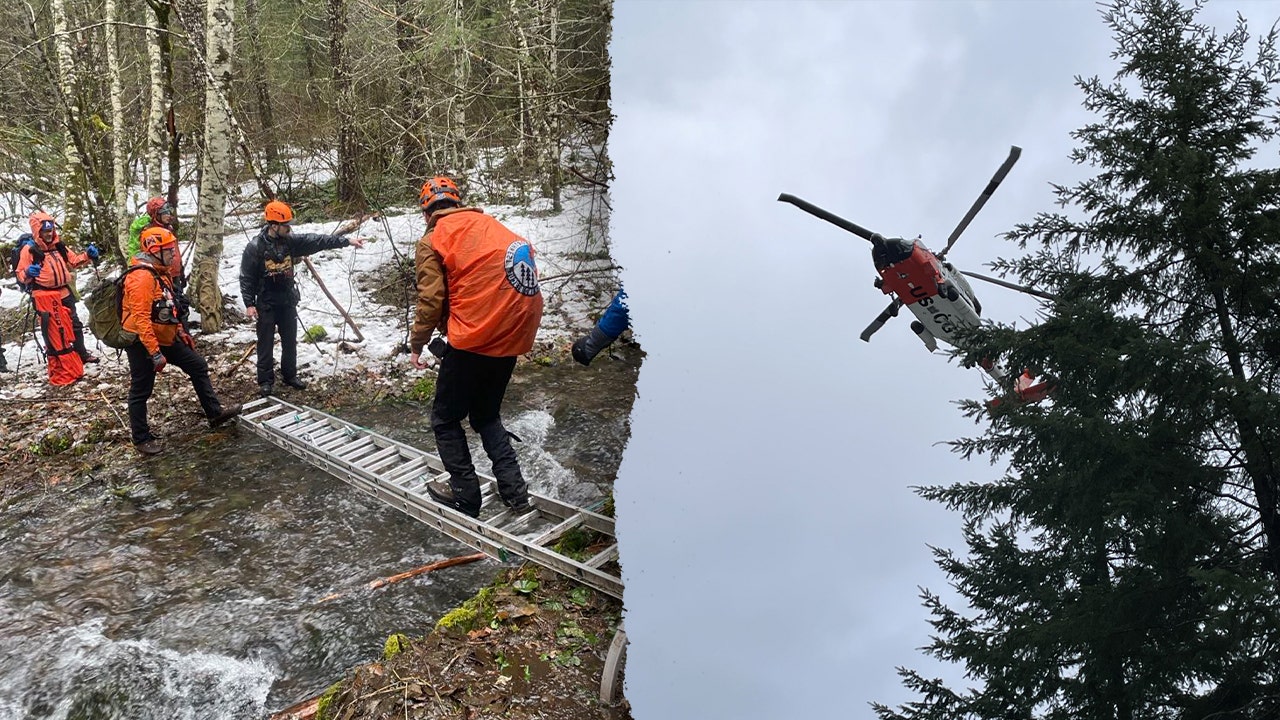The Euro-Mediterranean Human Rights Monitor denounced Israel’s deliberate escalation of the starvation war against Palestinian civilians in the Gaza Strip as a “tool of subjugation.” It warned of a severe crisis in providing food as the aggression continues for the 41st day.
Yesterday, Wednesday, the Israeli army bombed with artillery shells the only wheat mill operating in the Gaza Strip, causing its work to stop.
The Observatory said, in a statement, that targeting the “Al-Salam Mill” comes as an extension of Israel’s intention to cause a severe crisis in providing food to Palestinian civilians after bombing dozens of bakeries, especially in Gaza City and its north.
For more than a week, no bakeries have been operating in Gaza City and its north due to shortages of fuel, water, wheat flour, and structural damage, while wheat flour is no longer available in local markets.
In parallel, human rights circles documented Israeli air and artillery attacks on Palestinian residents, including children, while they were trying to obtain quantities of water, after several major water tanks were destroyed.
The Euro-Med Monitor noted that while Israel is forcing the residents of Gaza City and its north to migrate to the south of the Gaza Valley and recording more than 1.6 million internally displaced persons, the areas of central and southern Gaza Strip are facing a comprehensive collapse due to the cessation of water wells.
In recent hours, all 10 water wells, which are the only water source in the city of Rafah, stopped pumping, while the water desalination plant in Khan Yunis, which provides drinking water to about 100,000 people, stopped working due to the depletion of fuel.
In total, 60 wells in the central and southern Gaza Strip and the two main water desalination plants in Rafah and the central region stopped working, threatening a complete interruption of drinking water sources throughout all governorates of the Gaza Strip.
This serious water shortage raises fears of drought and vector-borne diseases due to the consumption of water from unsafe sources, while relying on a minimum of private wells and purification stations and consuming unsafe water from agricultural wells.






